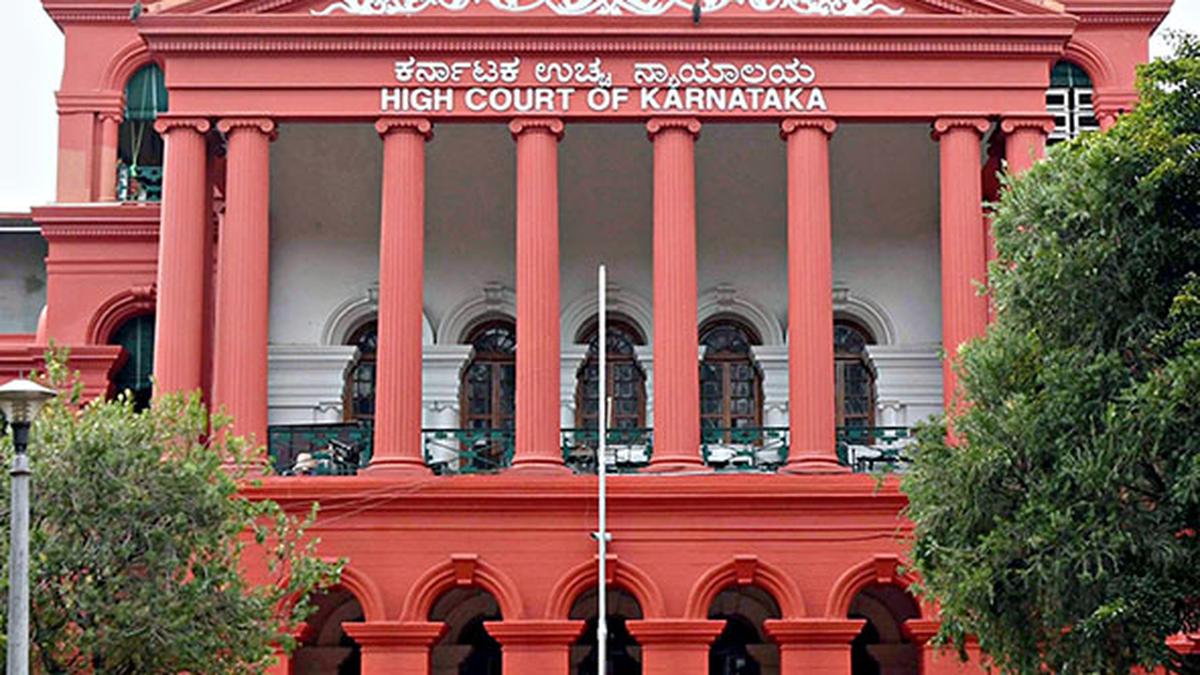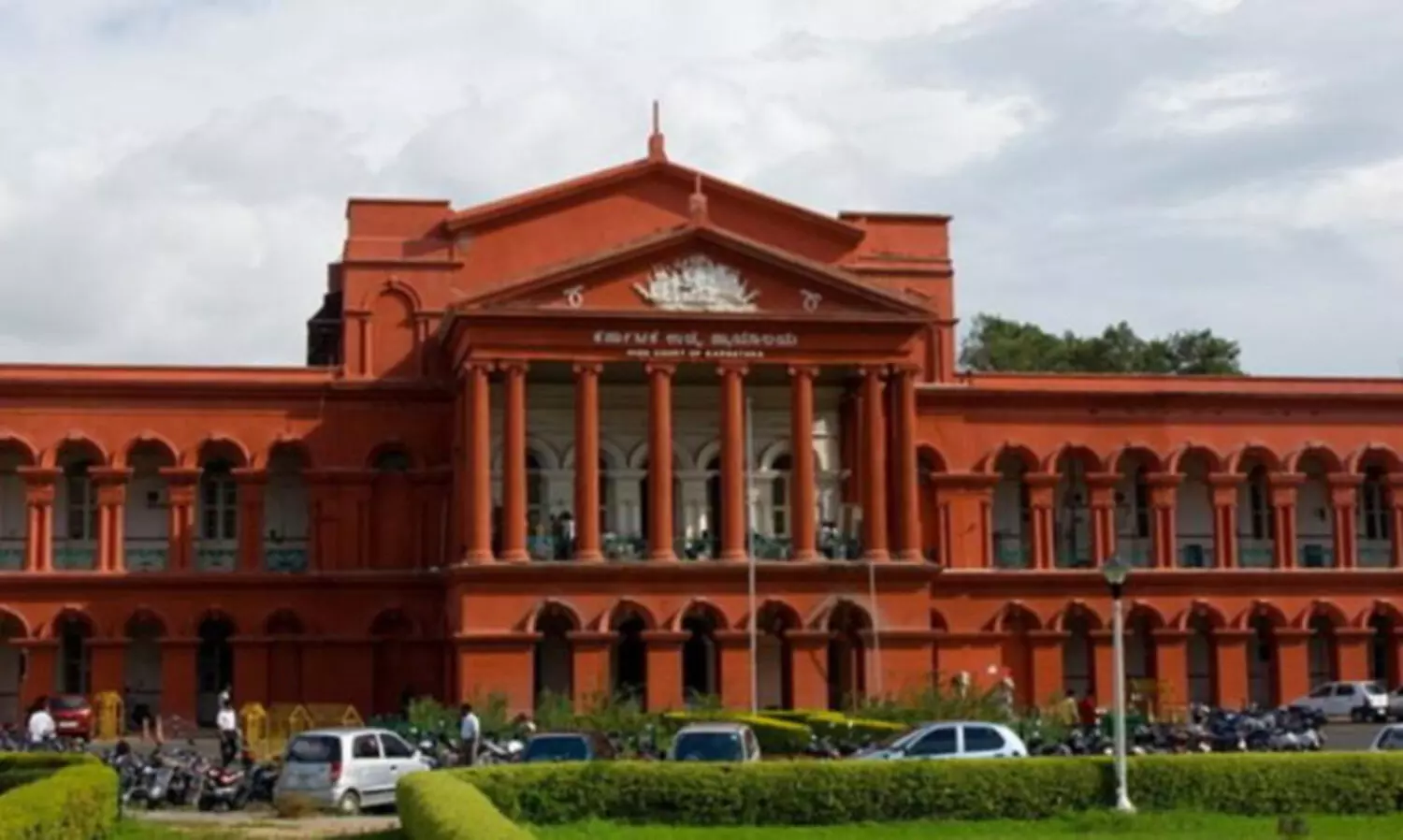The Karnataka High Court has scheduled September 23 as the date to hear arguments on a petition seeking to stay the ongoing socio-economic survey being conducted across the state. The plea, filed by civic organizations and concerned citizens, argues that the survey lacks transparency and could potentially infringe on privacy rights of individuals. Petitioners maintain that the methodology employed has not been clearly explained to the public, raising doubts about accuracy, confidentiality, and possible misuse of collected data. The High Court will weigh these concerns before arriving at any decision.
The state government, however, has strongly defended the survey, stating that it is essential for framing welfare policies, ensuring equitable resource allocation, and identifying socio-economic disparities across communities. Officials have assured that the data will remain confidential and used only for policy-making purposes. They argue that halting the survey midway would cause wastage of resources and delay important developmental schemes. The government has also emphasized that the survey complies with legal standards, and that fears of misuse are exaggerated by political groups.
This survey has attracted significant political attention, with opposition leaders accusing the ruling dispensation of using it to consolidate voter bases and further political agendas. Critics allege that the timing of the survey, so close to electoral activities, casts doubt on its intentions. Civil society activists, meanwhile, highlight the lack of independent oversight and insist on judicial scrutiny. The High Court’s hearing will therefore serve as a pivotal moment, with the outcome likely to influence both policy direction and political discourse in Karnataka.

Petitioners’ Concerns
The petitioners argue that the survey infringes on constitutional guarantees of privacy and equality. They contend that sensitive personal information is being sought without sufficient legal safeguards. Several groups fear that communities may be unfairly categorized, leading to discrimination in welfare distribution. They also point out the absence of clarity on who will have access to the data once collected, heightening concerns about political exploitation. Their plea before the High Court stresses the urgent need for judicial intervention to protect citizens’ rights before irreversible harm is done.
Legal experts following the case have noted that the court’s ruling will set an important precedent for how governments can conduct data-driven exercises in the future. India has witnessed similar debates over the balance between state-driven data collection and individual rights, with the Supreme Court previously upholding privacy as a fundamental right. The Karnataka High Court’s decision on this plea may therefore extend beyond state boundaries, shaping how socio-economic data collection exercises are perceived nationally. Observers expect detailed arguments from both sides on constitutional, administrative, and ethical grounds.
The Karnataka High Court has fixed September 23 to hear detailed arguments on a set of petitions challenging the ongoing socio-economic survey initiated by the state government. Petitioners, including civic activists, lawyers, and community representatives, have sought a stay order, alleging the survey violates fundamental rights. They argue that the exercise lacks transparency, legal backing, and adequate safeguards to protect citizens’ privacy. The upcoming hearing is expected to generate significant political and legal debate, given its potential impact on governance and public trust.
The petitions highlight that the survey questionnaire demands sensitive personal and community-related information without a clear explanation of its purpose or protection measures. Critics contend that such data, once collected, may be vulnerable to misuse for political or administrative reasons. They also argue that citizens were not adequately consulted before the survey began, raising ethical concerns about consent and representation. Petitioners believe the judiciary must intervene to ensure the state government does not overstep its mandate in the name of welfare planning.
On the other hand, the Karnataka government has strongly defended the initiative, claiming that the survey is crucial for understanding socio-economic realities across different communities. Officials have said the data collected will help formulate effective welfare policies, improve targeted benefits, and bridge existing inequalities. The government insists that confidentiality will be maintained and that no individual or group will be disadvantaged. Ministers have repeatedly stated that halting the survey midway would waste significant public funds already spent on mobilization and initial data collection.

Political parties have seized on the issue, intensifying public debate. Opposition leaders allege that the survey is politically motivated and designed to consolidate vote banks ahead of upcoming elections. They argue that the ruling party is using state machinery to gather data that could later be manipulated for electoral advantage. Some have even questioned the timing of the survey, suggesting it was deliberately launched close to key political events to sway public opinion. This has further sharpened divisions between the government and the opposition benches.
Community organizations are particularly concerned about the long-term implications of the survey. Many fear that labeling or categorizing groups could reinforce stereotypes and deepen divisions rather than promote equality. Religious and caste-based associations have voiced apprehension that survey results may be selectively interpreted to favor certain groups. These concerns have heightened calls for the judiciary to step in and establish safeguards before the survey proceeds further. The uncertainty has created an atmosphere of mistrust in several regions of Karnataka.
The High Court’s decision to take up the matter has been welcomed by rights groups and legal experts. They argue that judicial scrutiny is essential to strike a balance between governance needs and constitutional protections. Observers believe the bench will carefully examine whether the state has adhered to due process, respected citizens’ privacy, and maintained accountability in conducting the survey. The verdict, whenever delivered, could set important precedents for similar exercises in other states, where socio-economic data collection remains a contentious issue.
At the heart of the case is the fundamental right to privacy, upheld by the Supreme Court as a constitutional guarantee in 2017. Petitioners have drawn parallels between the current exercise and earlier disputes over Aadhaar data, emphasizing the dangers of unrestricted data collection. They insist that without a clear legal framework and independent oversight, the Karnataka survey risks undermining this hard-won constitutional protection. The court is therefore being urged to not only assess the legality of the survey but also ensure it aligns with established constitutional principles.
The government, meanwhile, has attempted to downplay fears, stressing that survey results will strictly be used for developmental planning. Officials have argued that welfare programs often fail due to incomplete or outdated data, and that the new exercise will correct this gap. According to them, fears of discrimination or misuse are politically exaggerated. They also point out that many welfare schemes in the past, including those of the opposition, relied on similar data collection exercises without attracting this level of scrutiny or criticism.
Beyond politics and legality, the survey also raises administrative challenges. Reports suggest that surveyors are struggling with incomplete training, inconsistent instructions, and resistance from communities suspicious of their intentions. Instances of non-cooperation have been reported in rural areas, with residents refusing to share personal details. Experts argue that such issues could compromise the quality of the data, making it unreliable for policymaking. Critics see this as further evidence that the exercise was rushed without adequate planning or awareness campaigns.

What Lies Ahead
The September 23 hearing will be closely watched by political parties, social organizations, and policy analysts. If the High Court decides to stay the survey, it could trigger a major political debate and force the state government to reframe its strategy. On the other hand, if the survey continues, questions of accountability and data protection will dominate future discussions. Either way, the outcome will have long-term implications for governance, community trust, and the intersection of rights and welfare in Karnataka.
Civil society voices have urged the government to pause and revisit the methodology instead of pressing forward in the face of mounting opposition. They argue that involving independent experts, ensuring transparency in data handling, and conducting pilot studies would lend credibility to the process. Some have even suggested forming a bipartisan committee to oversee the survey and reassure citizens. Without such steps, they warn, the survey risks losing legitimacy and fueling greater social division rather than fostering inclusive development.
Legal analysts following the case closely note that the High Court’s approach on September 23 will be critical. While a stay order could halt the process entirely, the bench might also explore middle-ground solutions such as allowing the survey to continue with strict safeguards or independent monitoring. Such an outcome would protect the state’s welfare objectives while also addressing citizens’ privacy concerns. Observers anticipate a robust debate in court, given the strong arguments both sides are preparing to present.
For the public, the controversy has created confusion about whether to cooperate with survey officials or refuse participation. Misinformation is spreading, particularly in rural areas, where residents are unsure about the purpose of the questions being asked. Opposition leaders have amplified these doubts by highlighting potential risks, while government representatives have sought to reassure communities. This tug-of-war for public trust has complicated the survey process and underscored the urgent need for clarity from the courts.
The case also holds national significance because similar socio-economic surveys are being contemplated in other states. Depending on the Karnataka High Court’s ruling, governments across India may either feel emboldened to pursue large-scale data exercises or compelled to reconsider their methods. Legal experts predict that if the matter escalates to the Supreme Court, it could shape the constitutional boundaries of state-led data collection for years to come. The Karnataka case may therefore set the stage for a larger national debate.
Follow: Karnataka Government
Also read: Home | Channel 6 Network – Latest News, Breaking Updates: Politics, Business, Tech & More

